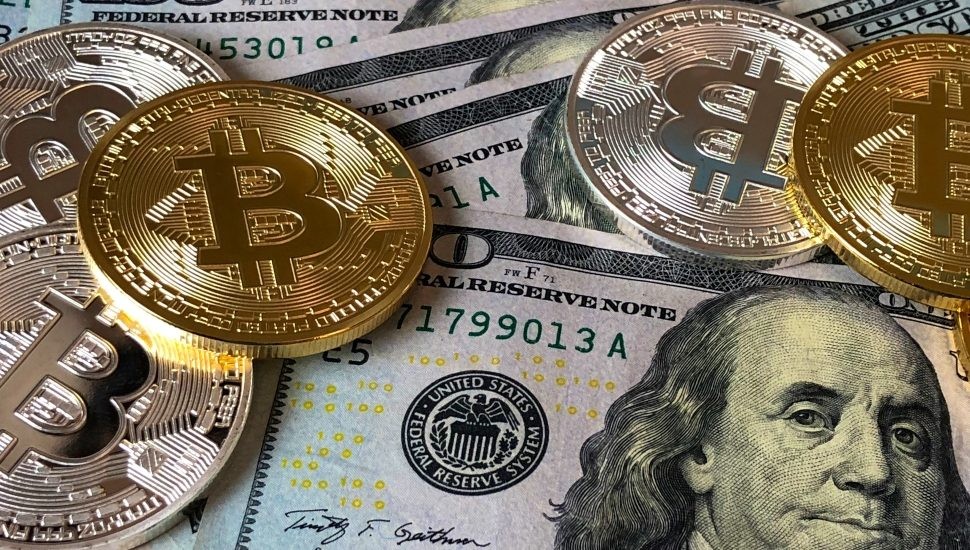
May 24•5 min read
What Happens To Your Bitcoin After You Die?

Death is an uncomfortable topic that no one likes to discuss but needs to be addressed. At the end of the day, we all only have a finite amount of years on this Earth before it’s time to meet our maker.
Some of us have more time than others, but we all must experience this. Bitcoiners are some of the most future-focused people looking to stack generational wealth with their Bitcoin holdings. It only makes sense to start thinking about your Bitcoin after you are gone.
Being keenly aware of how the law treats digital assets such as Bitcoin after your death will become vitally important as Bitcoin adoption accelerates. Did you know 67 percent of Americans don’t have a will or estate plan?
Your assets and belongings go to your next of kin after you pass away. They are the first in line to receive your property. This property transfer can happen in one of two ways. The first is your last will and testament.
You Get Decide Who Gets Your Bitcoin

A will is a legal document drafted by a lawyer that lays out your final wishes, and you get to dictate who gets what property. If you have a decent amount of Bitcoin, having a will drawn up is a good idea so you know exactly how it will be disbursed. If Bitcoin does what we all think it will do, it would be negligent not to have a will or an estate plan.
This will stop your family from in-fighting or questioning who is entitled to your digital assets in court.
A few companies can help you set up a digital estate plan. Trustandwill.com can help you create a personalized state-specific plan tailored to your wishes.
LegalZoom and Rocketlawyer also offer online will creation services as well. If you are uncomfortable drawing up a will online, you can always talk to an attorney in person. The bottom line is you need to make it easier for your loved ones to take ownership of your Bitcoin after you are gone.
If you pass away without a will, your property will enter probate. What probate does, in a nutshell, is it brings in the state to settle your estate. Going the probate route takes a lot longer, is more expensive, and requires more legal paperwork to be filed.
For your estate to be settled, an executor has to be named so they can act on behalf of the deceased. If there is a conflict in your family about who should handle your affairs, you can see how this can get messy and contentious quickly. Even if you are named executor, this can be contested by other family members who feel like they should have that role.
I’ve personally been in this role as an executor recently and can tell you from experience that it is stressful and consumes much of your mental and emotional energy. When you are mourning the loss of a loved one, the last thing you want to deal with our creditors and fighting with family members.
When it comes to digital assets such as Bitcoin, the law hasn’t fully caught up with the pace of innovation in this space, so you could be at the mercy of the court system and their interpretation of the law. You will definitely want to avoid this situation.
The best way to protect your Bitcoin for your loved ones is to self-custody your Bitcoin and have a will to help them avoid any issues with dealing with an unpredictable third party.
Protect Your Legacy

Additionally, education is critical to passing on your Bitcoin wealth to your loved ones. What good is Bitcoin to your family after you are gone if they don’t know how to use it or don’t have a deep understanding of the technology?
It’s much better to educate your family about Bitcoin before you pass away; otherwise, they will be left trying to figure it out on their own or, worse, trusting the wrong person.
Can you imagine you worked hard stacking sats over your lifetime only to have some a**hole prey on your family in their time of need and steal your Bitcoin? If your Bitcoin is stolen, they are essentially SOL.
I implore you to teach your family what a private key is and how important it is to the security of your Bitcoin. Teach them how to send and receive transactions. Educate them about why self-custody is critical to securing Bitcoin.
Don’t expect the law to offer as much protection as someone who has developed a high level of conviction and understanding of Bitcoin. This is your legacy. You must do everything in your power to protect for generations to come. Your descendants will thank you.
Support My Blog!
BTC: 378snGYkUH4ENZeDuM8kmAVpfQ3EKoGc1y
STX: SP3BCZN307DECNR5PRMV6HY4P37AJ9N48JP0VE547
Follow Me On Twitter: https://twitter.com/BTC_Apostle
